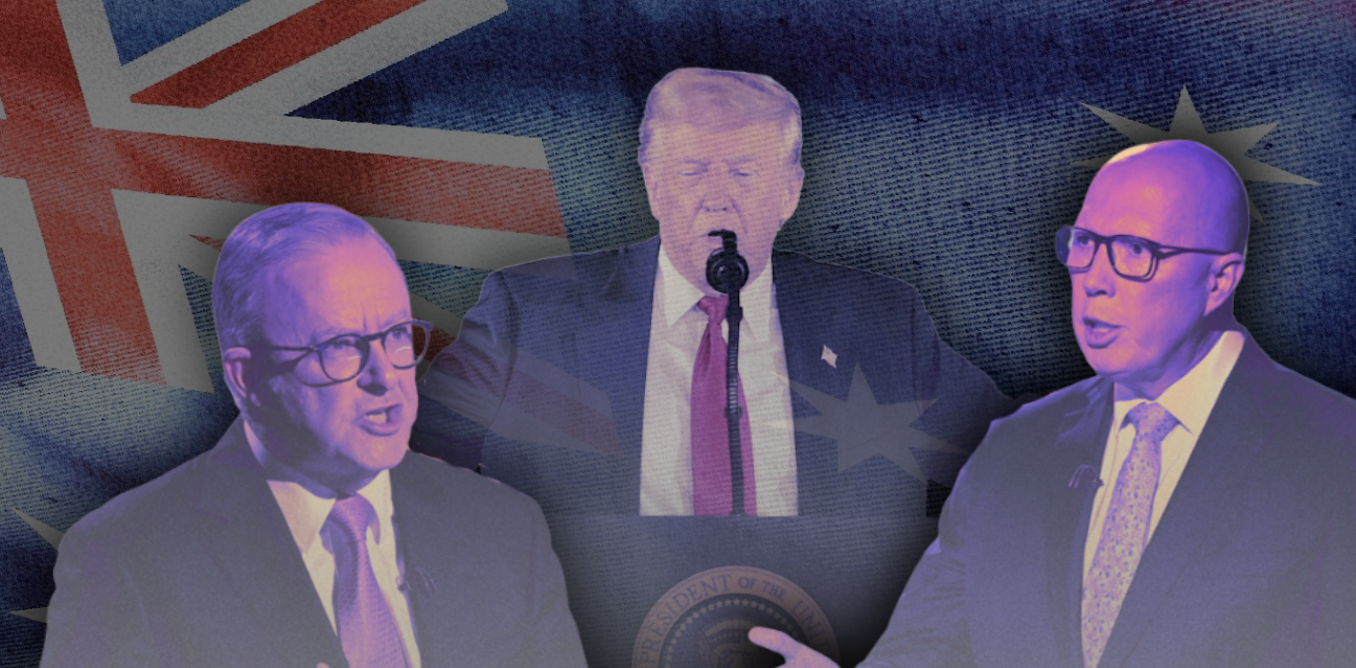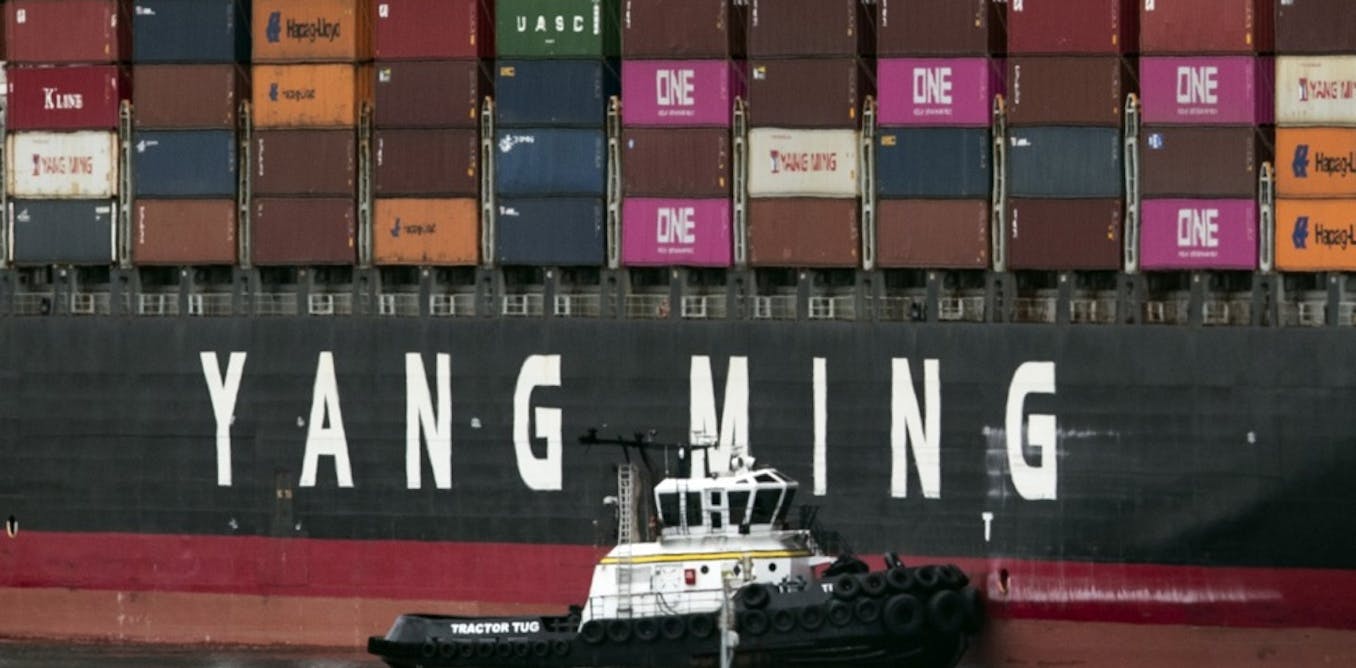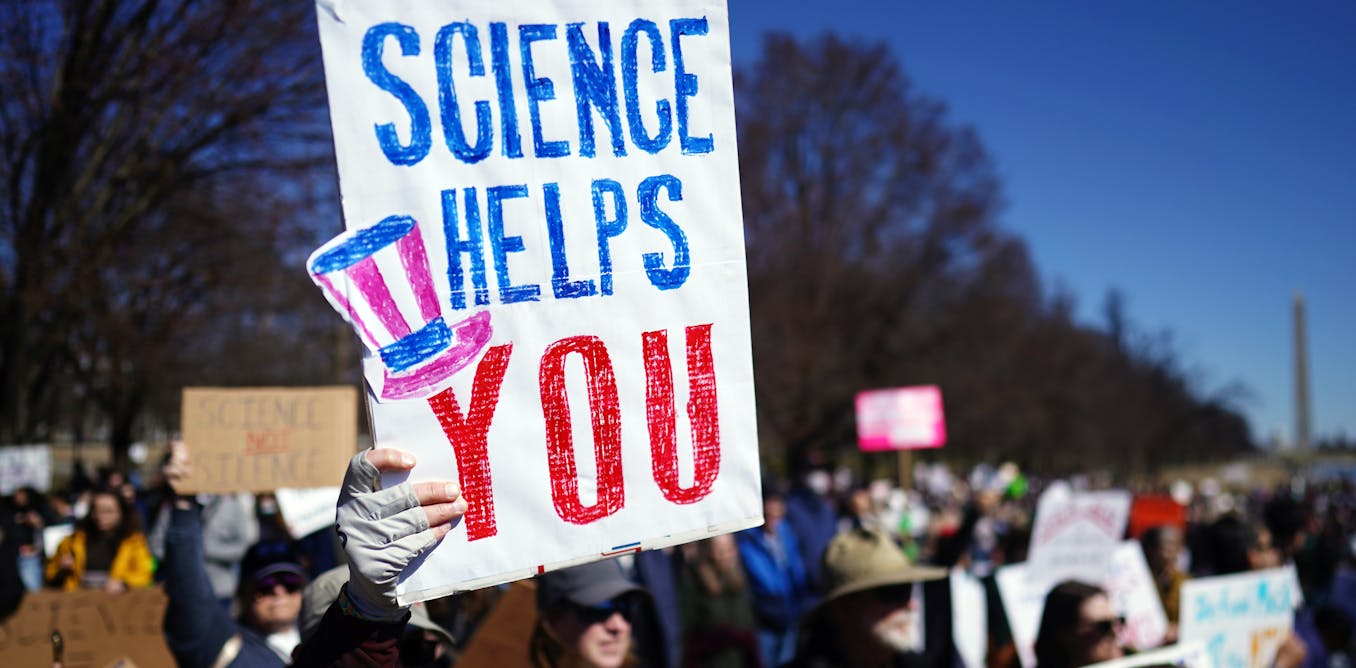Now Reading: Donald Trump has cast a long shadow over the Australian election. Will it prove decisive?
-
01
Donald Trump has cast a long shadow over the Australian election. Will it prove decisive?
Donald Trump has cast a long shadow over the Australian election. Will it prove decisive?

Donald Trump’s presence is significant and unavoidable, particularly with his return to power in the United States impacting the Australian federal election. The level of disruption he would cause was a question on everyone’s mind. It turns out that his impact is substantial, albeit not in the ways initially anticipated.
Following Trump’s election, Australian political discussions revolved around who, between Prime Minister Anthony Albanese and Opposition Leader Peter Dutton, would be better equipped to handle him and preserve the US-Australia security alliance. Initially, it seemed the Coalition would align ideologically with Trumpism, as seen during Scott Morrison’s tenure. Dutton argued that due to the Coalition’s experience with the first Trump administration, they were better suited than Labor for the second term. In contrast, Albanese appeared taken aback by Trump’s victory and somewhat hesitant in response.
However, Trump’s second administration has proven to be vastly different from the first, causing a shakeup in the Australian right-wing politics and benefiting the Labor party. The White House’s actions targeting various groups and issues have caused concern globally, with Australians now viewing Trump as a bigger threat to world peace than other world leaders.
As Trump’s actions continue to raise questions about the reliability of the US alliance, Australian politicians are reevaluating their stance. The Coalition’s attempt to balance an alignment with “Make America Great Again” while putting Australian interests first has proven challenging. Labor capitalized on this during the election campaign, critiquing the Coalition’s positions linked to Trumpist ideologies.
The unease over Trump’s policies, evidenced by Australians’ diminishing trust in the US for defence and security, has become a significant election issue. Independents and minor parties, increasingly vocal about the risks posed by the Trump administration, may influence the formation of the next government.
With the upcoming election challenging traditional political assumptions, responses to Trumpism in countries like Australia and Canada show that the appeal of such ideologies may be limited in democracies with strong institutions. The notion that “kindness is not a weakness” could emerge as a successful political strategy in this changing landscape.






